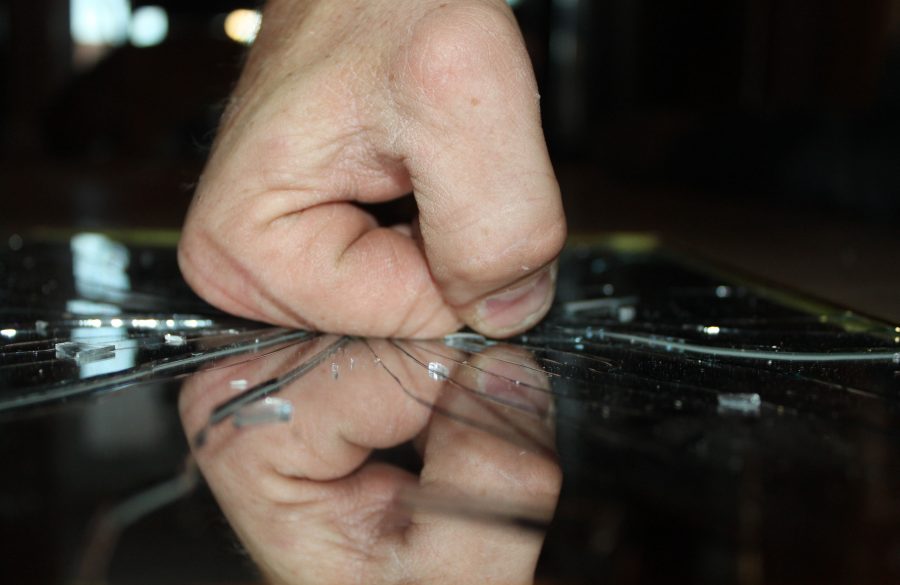Flawlessly flawed
Gender expectations lead to unrealistic preferences
photo credit: Melissa Wrobel
Shattering stereotypes \\ The media has permanently affected juvenile lives and confidence as the smallest imperfection, in a model, becomes professionally fabricated to fit the regulations of the ideal gender, conveying a sense of false hope.
May 9, 2016
She observes her reflection, sadly admitting what she craves – looking sickly thin with long, elegant hair that stops at the small of her back; he acknowledges the lack of the iconic male jawline, chiseled abs and engraved abdominal “V” upon his body as the mirror lies witness to his faint sobs.
As technology evolves, ‘perfection’ escapes the realm of human possibilities and enters a world full of imagination. The media has permanently affected juvenile lives and confidence as the smallest imperfection, in a model, becomes professionally fabricated to fit the regulations of the ideal gender, conveying a sense of false hope.
Everyone eventually lies victim to these numerous ‘pointless’ advertisements hidden in various applications, websites and television channels. From Geico’s “Bro” commercial, to a harmless contouring feature on the Snapchat application, nearly anything can publicize the ideal man and woman. As society views these photoshopped images constantly, and compares themselves to this form of fiction, lowered self-esteem and depression can arise.
Although advertisements promote their ‘plus-sized’ products with a size 10 model, true features fade away once Photoshop perfects them. Additionally, movies and television shows portray an obese man as the humorous character, never a serious, mature adult.
Having a serious discussion with parents and counselors about the effects of increasing dismay establishes confidence in an individual’s character and builds trustworthy relationships. Parents who rarely interact with their children cannot detect the issues until an action transpires, which consultation can resolve.
Having self-assurance does not display an egotistical personality, but verification that the media can not overpower actions.



